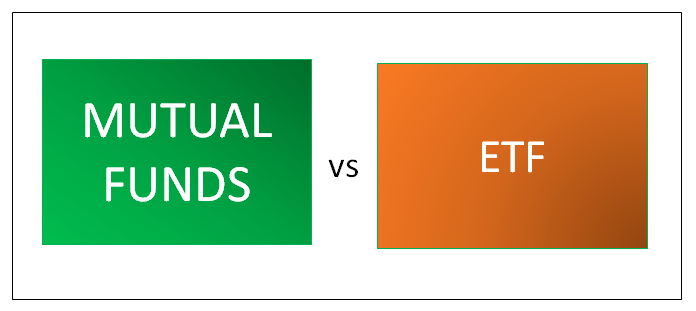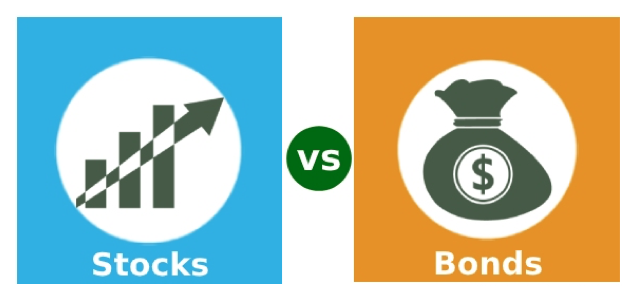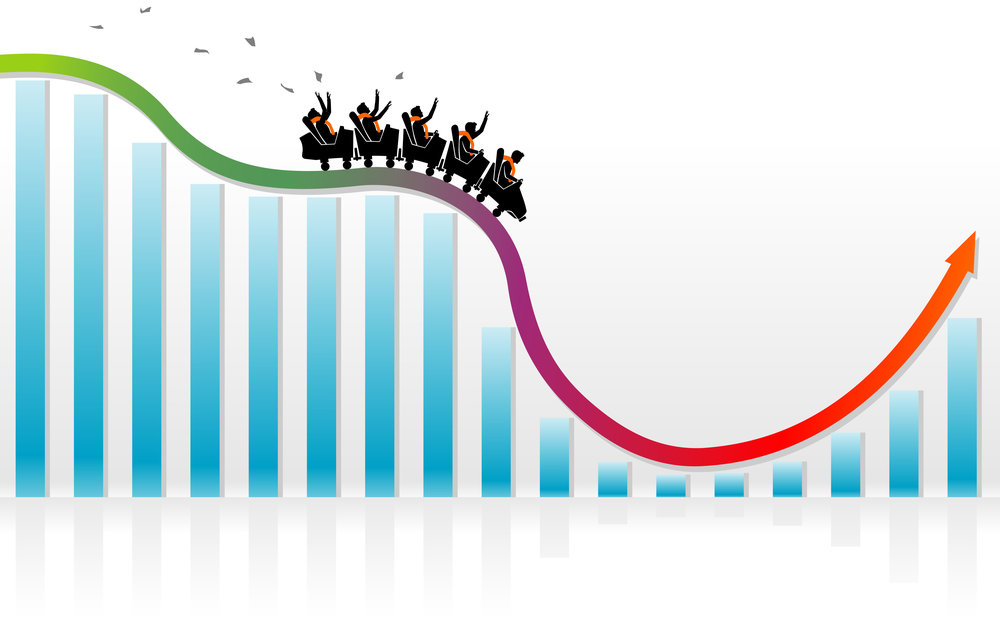
What you Need to Know about Mutual Funds & ETF’s
Mutual Funds A Mutual fund is a combination of many stocks and bonds. The mutual fund pools cash, giving the investor the ability to purchase small pieces of stocks, bonds, or a collection of assets, and simultaneously providing investors a cheap way to diversify and reap market gains, while still hedging against losses. Professionals manage the Read More







